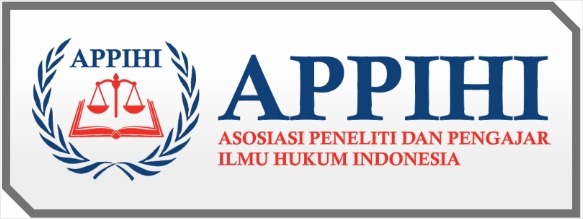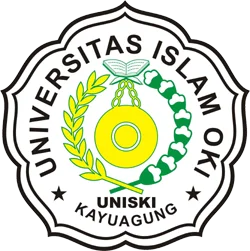Fungsi dan Tugas Pembimbing Kemasyarakatan dalam Sistem Peradilan Pidana Anak Perspektif Fiqh Siyasah
DOI:
https://doi.org/10.61994/jsls.v2i2.409Keywords:
Fiqh Siyasah, Pembimbing kemasyarakatan, Sistem peradilan anakAbstract
Institutions involved in the juvenile criminal justice system are not only courts, prosecutors, police, but also involve the Correctional Center. The Correctional Center or BAPAS has an important role in the juvenile criminal justice system. Therefore, this study aims to examine the function and duties of BAPAS in the juvenile criminal justice system from the perspective of fiqh siyasah. The main problem in this study is how fiqh siyasah reviews the functions and duties of Counselors in the juvenile criminal justice system. This study is a qualitative study. Data collection was carried out by interview and documentation. The study was conducted at the Bengkulu District Court class IA. This study concludes that the laws and regulations do not indicate the legal position of community counselors to be able to participate in juvenile criminal justice trials in assisting children in conflict with the law. And the positioning of community counselors during trials is not yet known. Carrying out its duties to provide guidance, supervision, and assistance to children inside and outside the criminal justice process and has been carried out with full responsibility even though some of the authorities of the community counselors are still constrained because the Temporary Child Guidance Institution (LPAS) and LPKS where these facilities do not yet exist in Bengkulu province. In fiqh siyasah, community counselors can be called muhtasib who carry out supervision, education and strive for human welfare in preventing harm among the community, especially children who are still minors.
Downloads
Published
Issue
Section
License
Copyright (c) 2024 Filip Jaya Saputra, Sirajuddin, Supardi

This work is licensed under a Creative Commons Attribution-NonCommercial 4.0 International License.












